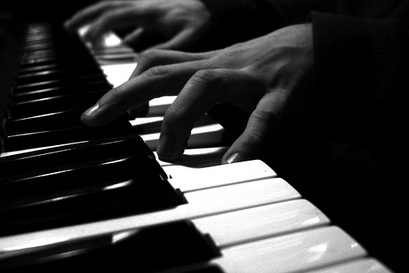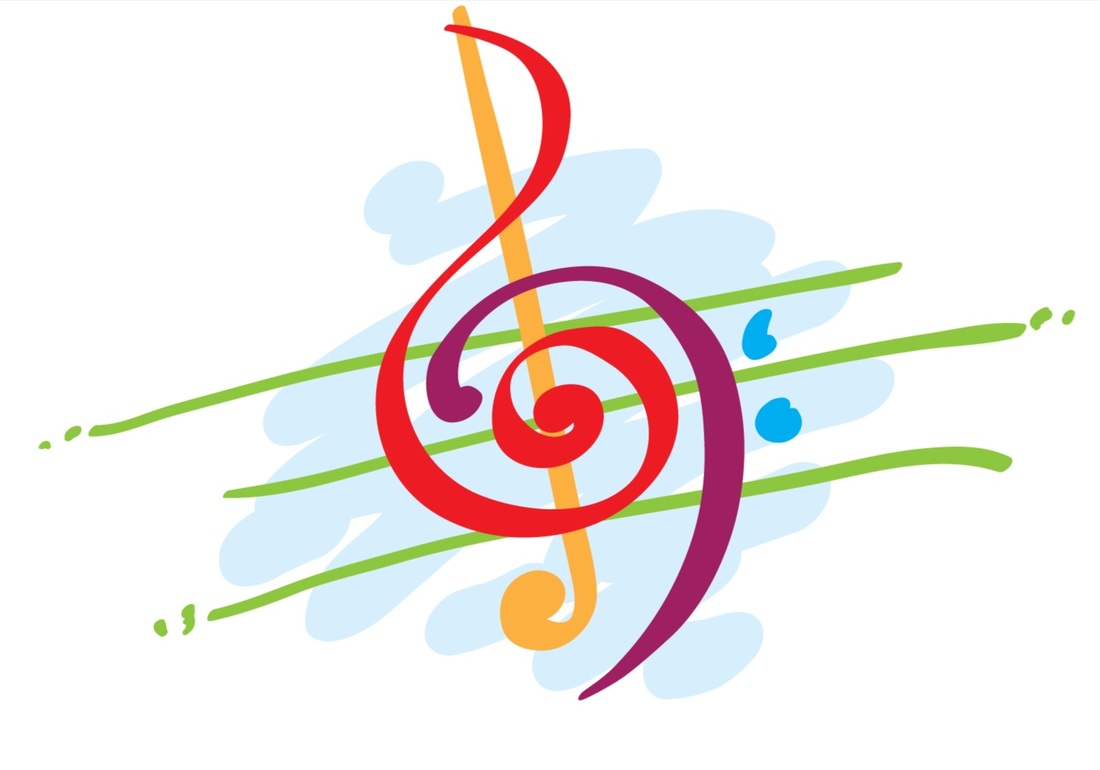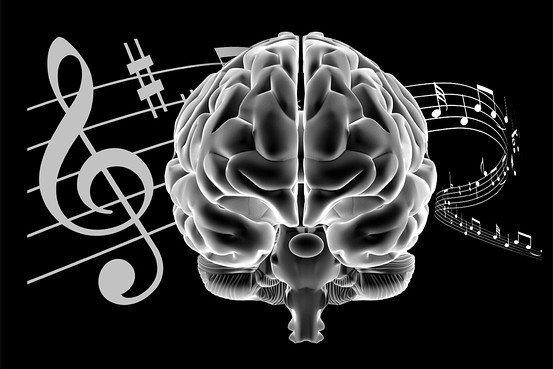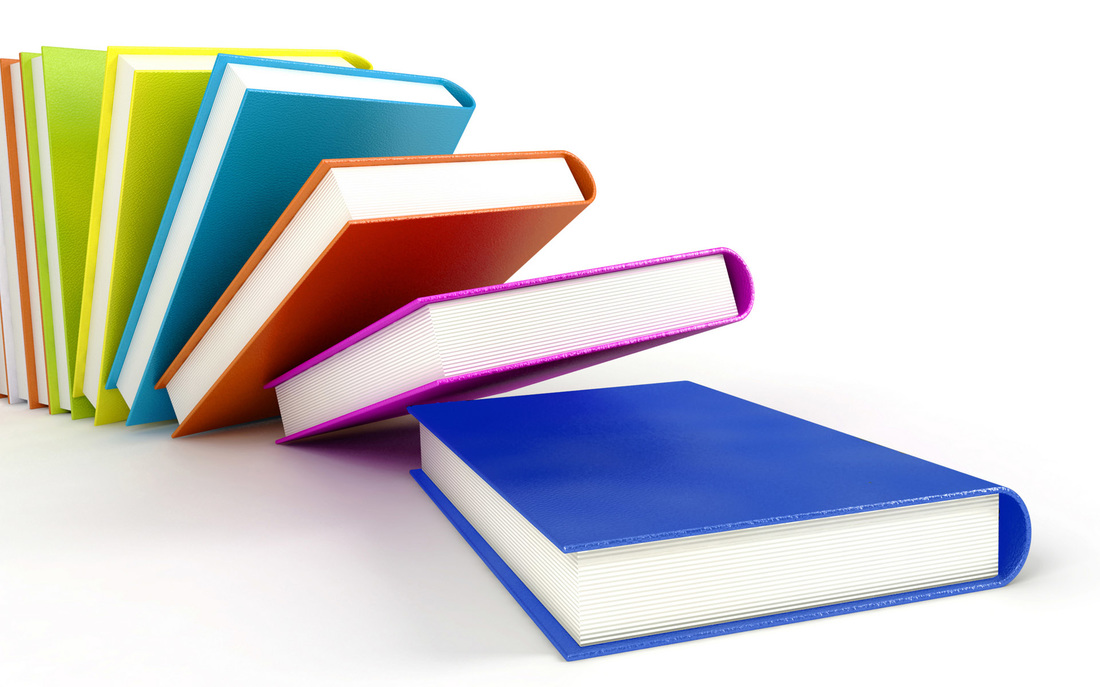Introducing a NEW developmental preschool piano program!! If you have a child between the ages of 3-5, you can take advantage of this wonderful opportunity. Contact me before October 1, 2016 and receive 2 FREE lessons!
What are the Benefits of Playing the Piano?
|
3. Piano lessons help children learn how to stay focused and achieve goals. Piano lessons help children set specific goals and then work towards reaching these goals. To achieve these goals students must learn to stay focused and study each note, measure and phrase to understand how to play the song. In doing this, students learn to think critically and creatively as they decide how to make the music come to life. Staying focused over time develops good study habits that become natural.
4. Piano lessons help children develop courage. Playing piano helps children learn to accept challenges while keeping a positive perspective despite difficulties. Learning to handle uncertainty and stress in a way that minimizes anxiety and maximizes creativity is a valuable tool. 5. Piano lessons teach children to persevere. A key part of accomplishing anything difficult is not to give up easily. As children grow, piano lessons teach kids to try and then try again if they don't initially succeed. |
1. Piano lessons help preserve and develop children's natural creative abilities.
2. Piano lessons help children perfect their natural learning processes. Music is a language, and children are programmed to absorb languages. Studies have shown that kids can most easily learn new languages when they start at a young age. Piano lessons help children develop the very same skills needed to accomplish language arts and reading. In piano, students learn how to follow directions, scan written materials, think critically, create solutions and translate writing into action. Piano playing involves an interplay of both right and left brain activity that stimulates neural development. |
How does it link to Academic Performance?
Fine Motor Skills & MemoryStudies suggest that children as young as four years old can enjoy a lifetime of benefits from early exposure to piano, singing, and other types of music lessons.
In fact, pediatric researchers have found evidence that when a child begins learning to play the piano, or takes up any type of musical instrument, this stimulates certain areas of the brain that controls their fine motor skills, memory and speech. |
Self-Determination & Self- EsteemThe self-discipline and determination
needed to practice a piano regimen on a regular basis gives children a special awareness about the process of learning that carries over into their school lives. Researchers also point out that young students who are actively involved in musical studies are more likely to experience a higher sense of self-esteem, accomplishment and were more likely to participate in physical activities. |
Mathematics, Science & ReadingLearning to play the piano typically requires a student to read music notation written on a staff and interpret the correct keys to play on their piano.
Music notation also challenges a piano student to determine how long notes must be played for, how many beats there are in a measure, and which note gets one beat during that measure. These types of mental exercises and hand-eye coordination tasks appear to help strengthen a child’s academic performance particularly in the areas of mathematics, science and reading. |





